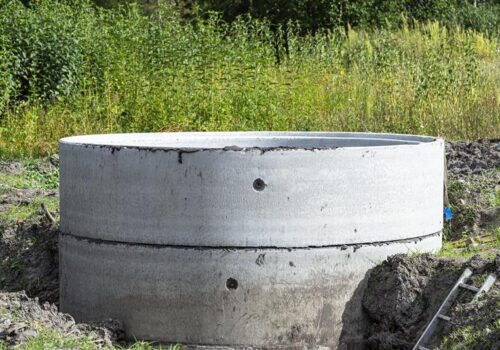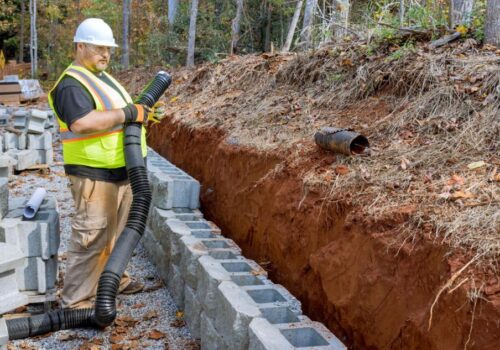Carbon Farming: Agriculture’s Answer to Climate Change
Climate change is a hot global issue, and many people are looking for ways to address it. Carbon farming is one solution that has been gaining traction in recent years. Simply put, carbon farming aims to take excess carbon out of the atmosphere and store it in the soil. This helps to mitigate climate change while also benefiting agriculture. In this blog post, we will explore the concept of carbon farming in more detail and discuss how it can help address the climate crisis.
What carbon farming is:
Carbon farming is a type of regenerative agriculture that helps mitigate climate change by taking excess carbon out of the atmosphere and then storing it in the soil.
Benefits of carbon farming
- Carbon farming can help mitigate climate change by sequestering carbon in the soil. This helps remove carbon from the atmosphere, a greenhouse gas that contributes to global warming.
- Carbon farming can also help improve the soil’s quality, which leads to increased crop yields. Studies have shown that regenerative agriculture practices like carbon farming can increase crop yields by 50%.
- Carbon farming is also beneficial for farmers, as it can help them adapt to a changing climate and become more resilient in extreme weather events.
- This helps in mitigating climate change. By sequestering carbon in the soil, carbon farming reduces the amount of atmospheric carbon dioxide. This helps to slow down the warming of our planet and alleviate some of the negative impacts of climate change.
- Carbon farming also has several co-benefits, such as improved water retention in soils, increased crop yields, and enhanced biodiversity. These benefits are essential for sustainable food production in a changing climate.
- This can also provide financial opportunities for farmers. Carbon credits can be sold to businesses or other entities looking to offset their own greenhouse gas emissions.
- Carbon farming can also help to improve soil quality, leading to increased crop yields and higher profits for farmers. Carbon-rich soils are more resistant to drought and flooding, meaning that they are better able to withstand the impact of climate change.
Overall, carbon farming is a promising solution for addressing climate change. The concept is still fairly new, but it has already shown great potential for mitigating the effects of climate change while also benefiting agriculture.
For more information visit our website!






